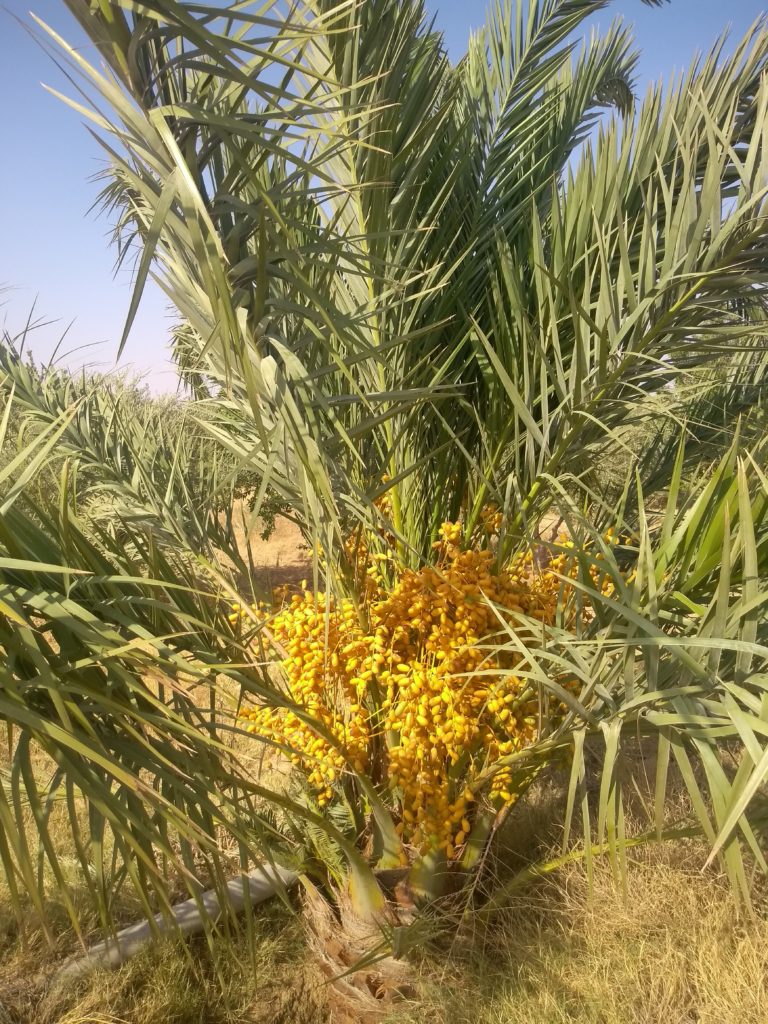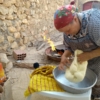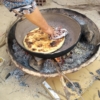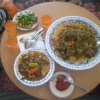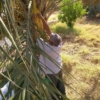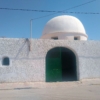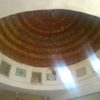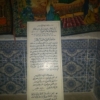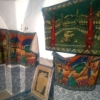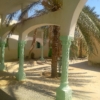El Guettar, located in the southwest Tunisian governorate of Gafsa, is famous for its former natural water sources (ʕyūn). Though they have dried out since decades, El Guettar’s residential quarters are named after the numerous former springs. As the small town lies on the foot of a mountain range, its landscape’s dry riverbeds are reminiscent of their water flows of former times.
El Guettar is still a town with many green areas, such as palm forests, orchards and vast olive groves. Olives – and its oil –, pistachios, dates, figs and cactus fruits therefore are El Guettar’s most important agricultural products.
Since people produce their foodstuff mainly by themselves using traditional techniques, they also manufacture tools like millstones (rḥā).
For many residents of El Guettar, agriculture and livestock breeding form their livelihood. In addition to that, the local phosphate industry as well as the governorate’s capital Gafsa, which is just at a 20 km distance from El Guettar, provide jobs.
One of the town’s touristic attractions is a hill called il-galʕa (the actual meaning of this word is “fort“) that offers a panoramic view from its top. People attribute special importance to it: Locals but also pilgrims from other parts of Tunisia head for the hill’s caves to celebrate ceremonies with animal sacrifices (zarda) there.
Also, some local saints and their shrines are located in the small town.
